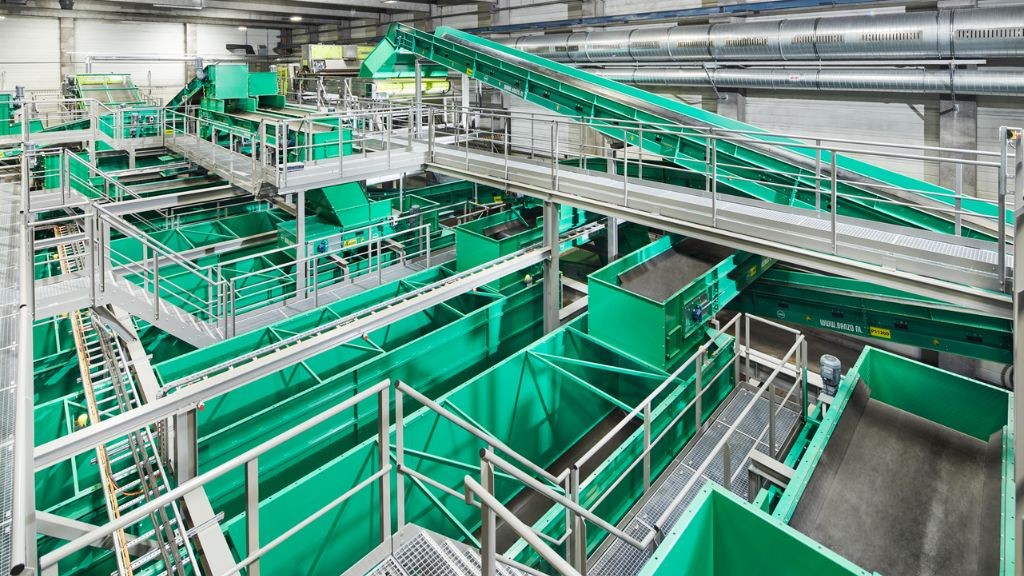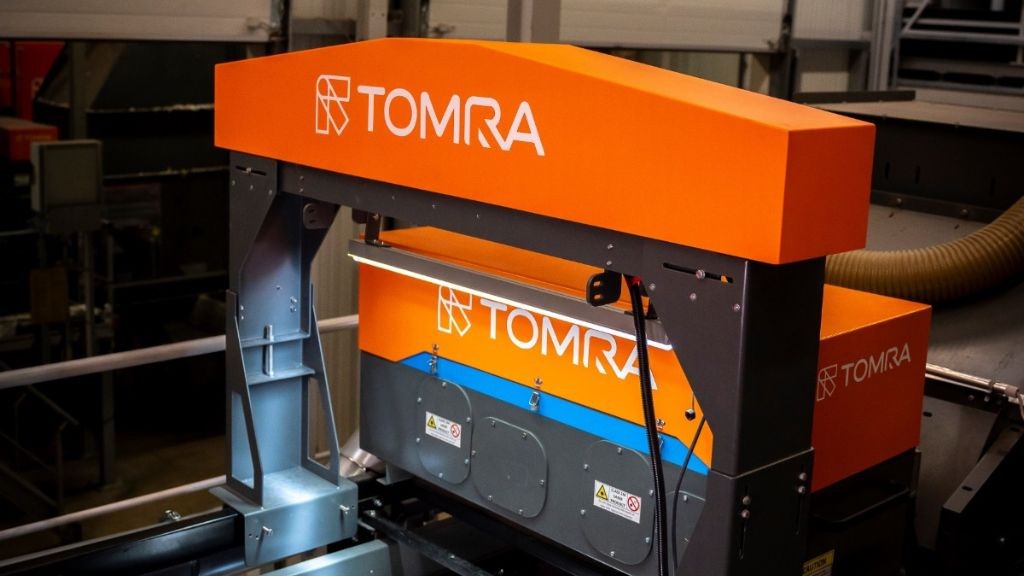Steinbeis adds 50,000-ton polyolefin recycling line to boost plastics recovery
The Völkermarkt plant in Austria uses advanced technology to process over 90% of pre-sorted plastic waste

Steinbeis PolyVert GmbH opened its newly comissioned production line for polyolefin recyclates at the Völkermarkt plant in Austria. The project marks a technological breakthrough in plastics recycling and an economic boost for the region of Southern Carinthia.
Quality as a guiding principle
Steinbeis PolyVert has undergone technological, strategic, and structural transformation in recent years. "Everything has changed for us since the takeover in 2019. None of today's products are the same as they were back then," explains managing director André Aßmann.
The aim of Steinbeis is to transform short-lived plastic products into long-lasting applications. Due to the latest recycling technology, the company is able to process over 90 percent of pre-sorted plastic waste to a high standard, which creates a high value in the industry.
A milestone for Völkermarkt and beyond
With a total investment of around 50 million euros, including 36 million euros in the new recyclate line alone, the Völkermarkt site has become one of the central pillars within the Steinbeis Group. The new line at the Völkermarkt plant processes up to five tons of material per hour in continuous operation with high logistical requirements.
Over 50,000 tons of recyclate will be produced at the site every year. A volume that establishes Völkermarkt not only nationally, but also internationally as an efficient recycling location.
The site currently employs 122 people and will provide a significant boost to the regional economy, numerous suppliers in the fields of mechanical engineering, electrical engineering, and logistics are benefiting from the plant's development.
New technology with artificial intelligence
With AI-supported sorting technology, even difficult-to-recognize materials such as multilayer bottles are reliably allocated. Steinbeis PolyVert also uses artificial intelligence to detect anomalies and optimize processes to keep quality and efficiency at a consistently high level.
"Today, recycling no longer just means material utilization, but intelligent raw material recovery. We get the maximum out of the material while maintaining high product quality and an optimal cost structure," explains Aßmann.



